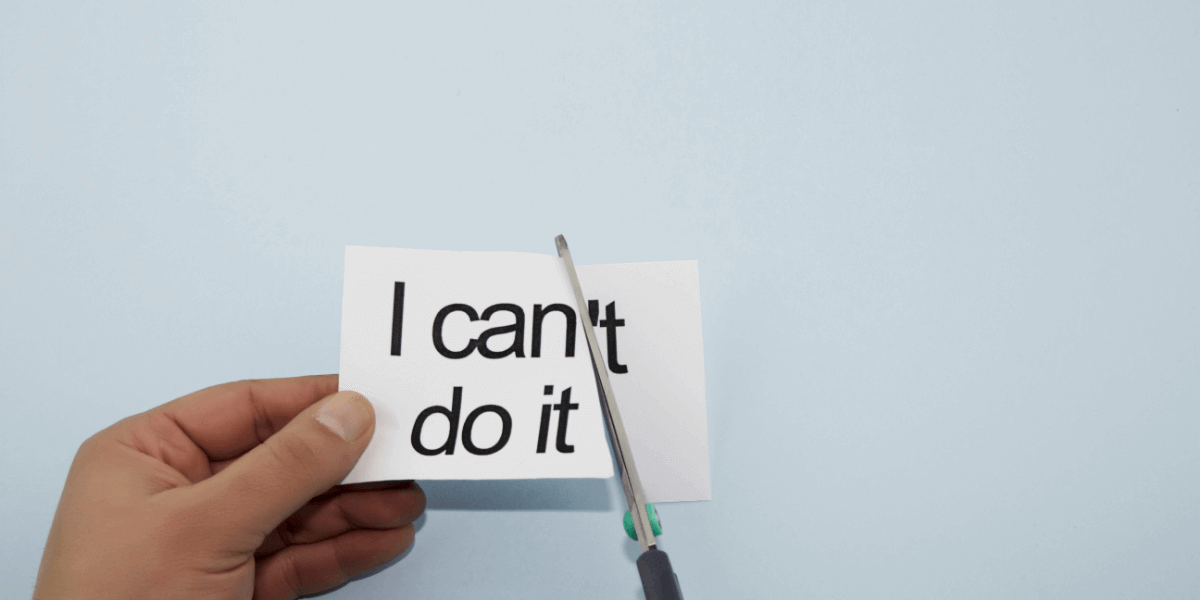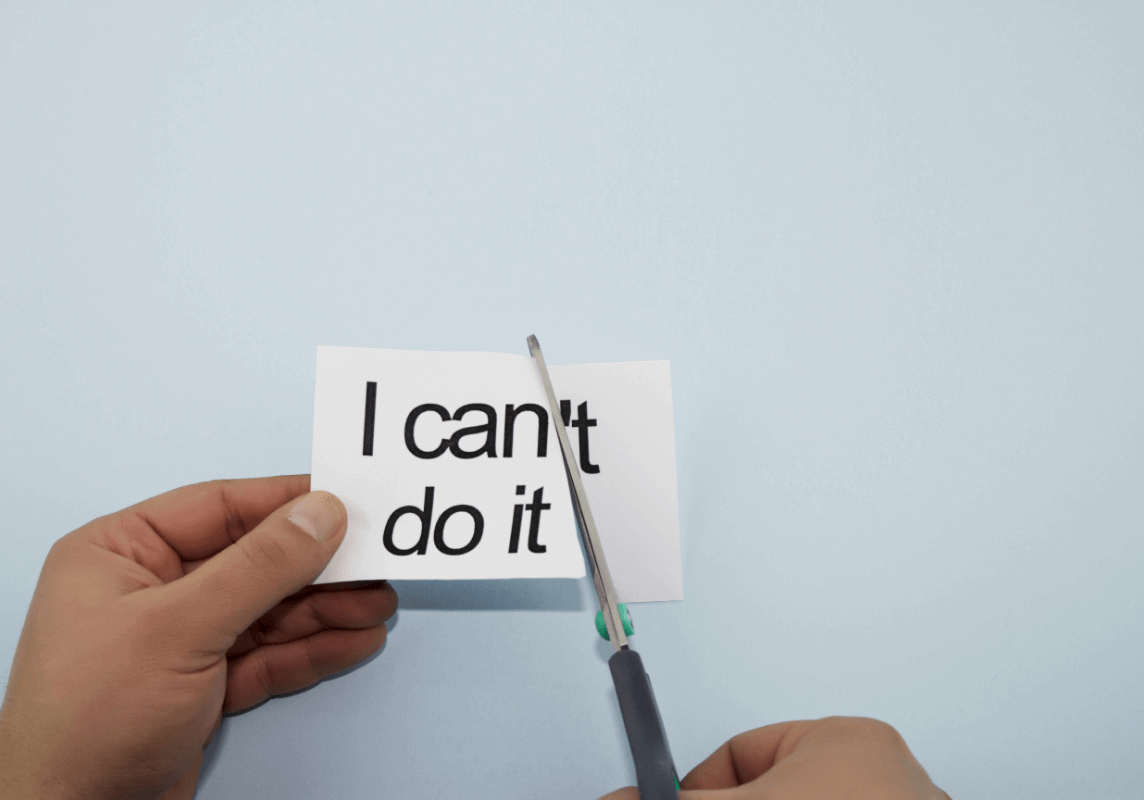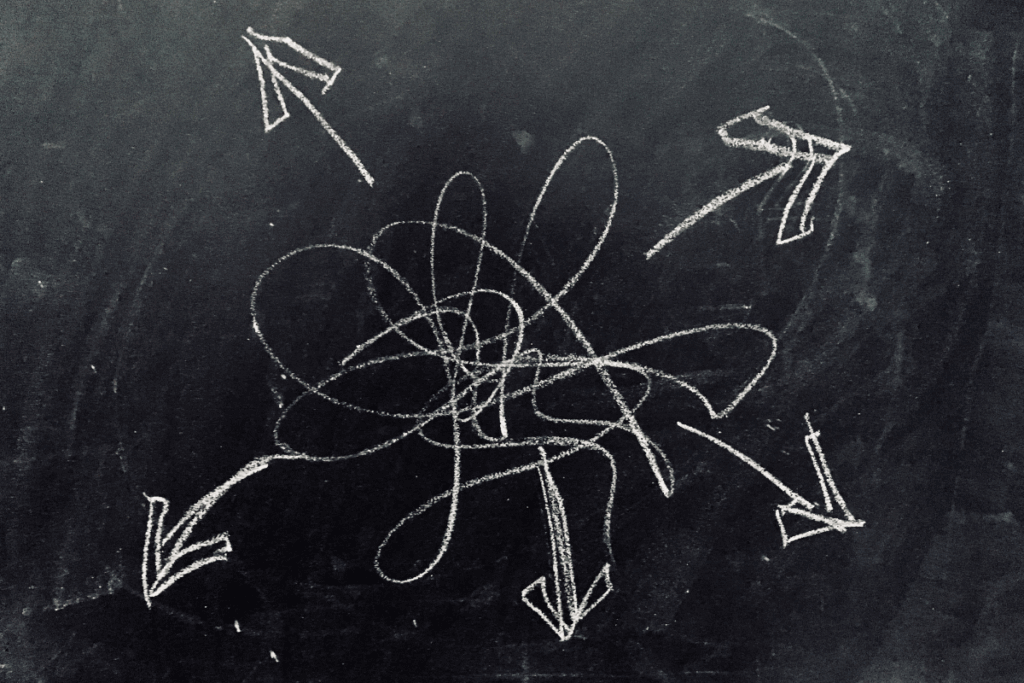Continuous Improvement
One of my favorite words is grit. It evokes a person who embodies not only strength of character, but mental toughness. A person with grit keeps getting up, moving forward, and progressing towards their goals no matter what adversity puts in front of them.
I think I like the word so much because it is who I aim to be. But though I may want to model true grit, I know I also tend to be the type who anxiously dreads making mistakes, focuses too often on my short-comings, and at times would like to just bury my head in the sand and click my ruby red slippers.
I think many of us want to embody true grit and feel anything less is a sign of weakness. As we come upon the close of the year, many of us start looking at what we have achieved, what we need to improve, and how we can continue to self-develop, and I hypothesize that many of us have a lot more grit than we realize.
Focus on What You Did Right
I am a quiet competitor. For those who know me well, “quiet” may not seem like an appropriate word to describe me, but when it comes to anything competitive it is my default. I don’t outwardly express how much I am trying to achieve a goal, win, or perform at a higher standard, but internally I am a whirlwind of nerves and stress. My partner was a collegiate rifle athlete and coach for over a decade, and I remember one day after a match expressing to him how disappointed I was at one of my own relays. I couldn’t stop thinking about a couple 7s and a lone 6 when the morning had started out so strong. He pointed out that if I spent more time thinking about how I felt on the 10s and Xs, what my body was doing, and how my mind was processing wind and breath, then I could start visualizing what I did right and replicate that more in the future.
At first it seemed like trite advice. Focus on what I did when I was successful? But I started to consider the application of that in my day-to-day work life. Instead of leaving meetings or hard conversations fixating on what didn’t go well, I could redirect that energy to taking note of what I did right. I could then leverage and fine tune those skills to make them second nature, and thereby expecting that performance to be the norm and not an accident.
Appreciate the Past and Move On
We shouldn’t ignore mistakes. We shouldn’t wipe away failures in flowery language and positive platitudes. Rather, we should acknowledge our mistakes and learn from them. The next big step? Move on. For me this is one of the hardest lessons; I can spend so much time re-analyzing every project, meeting, and one-on-one. Self-reflection is not a bad thing, it can be a very positive tool. But constantly revisiting a scenario or hyper-focusing on what could have been better can be unproductive. The words and thoughts we speak to ourselves are extraordinarily powerful.
None of us can rewrite the past, but we can change our mindset; understand the lesson to be learned so you can apply it to the future but stop using it as an opportunity to beat yourself. To tell myself that I won’t refocus on an event is like asking me to not breathe, so instead I try to limit the time and then refocus energy toward actionable changes. Even if the change or improvement is small, focus on putting that into action. Changes, like interest, compound over time.
If you are a leader, foster a culture where mistakes are not the end of the world. Use them as an opportunity to be forgiving and understanding. Making a focus on mistakes and failures the hallmark of your leadership will not magically improve the contributions and development of your employees, but rather may create a culture of reluctance to recognize failures and the need to improve.
Fail Faster, Succeed Sooner
David Kelley, founder of the design and innovation company IDEO, is credited with the saying, “fail faster, succeed sooner.” Although many of us don’t have the luxury of working haphazardly and executing with little thought (I like my paycheck to be right!), the saying can still apply to all of us in some way. Do not be so vested into doing your work the exact same way each time that you stop asking the question, “why are we doing it this way?” So often, we tell ourselves or we hear from others, “because it has always been done that way.”
Getting comfortable with discomfort and experimenting or trying new things at work or in our personal lives can ultimately encourage us to try bigger things. As leaders, encouraging our associates to try out new ideas builds more trust and engagement. I know for myself, trying and testing out even small changes makes me even more comfortable with asking for help when I need it, because no longer am I expecting myself to be the expert.
As We Head into the New Year
Putting these concepts into practice not only builds that mental toughness and resilience that I desire and respect so much, but it has also made me be more appreciative of others’ own lessons and efforts. Being comfortable with not always being right, recognizing where I did do good work, and stretching out my willingness to try and experiment has helped me look at the past year with a different mindset and helped to plan out better goals for myself both personally and professionally. I hope it does the same for you as well!







Pingback: 4 steps to achieving transformative change in turbulent times – My WordPress
Pingback: 4 steps to achieving transformative change in turbulent times - Spotlight Data